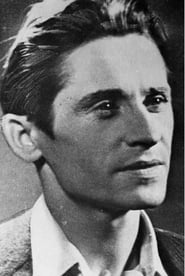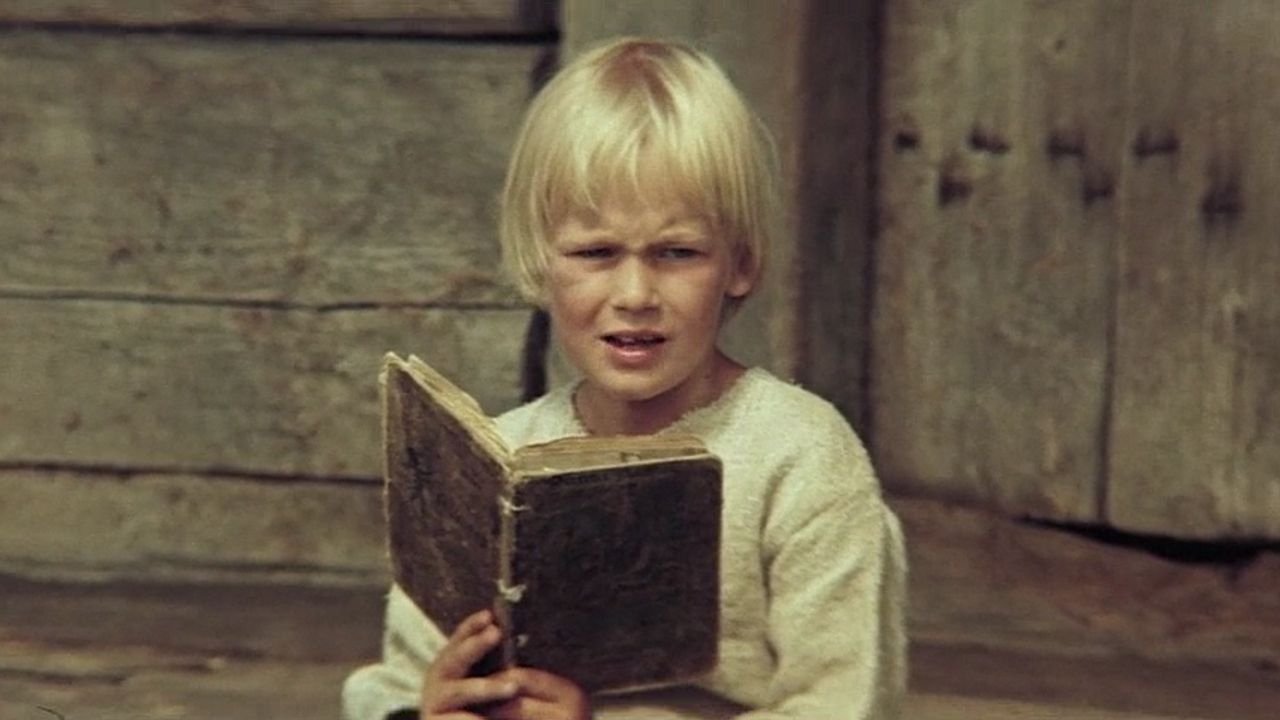
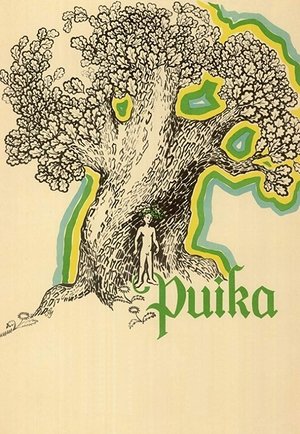
A Boy(1977)
Latvia, late 19th century. Farm-hand boy Jancis lives on a homestead with his mother, grandfather and grandmother. His world does not reach beyond the horizon, and life progresses according to the seasonal cycle – from winter through spring, summer and autumn to the next St. George's Day when farmhands often had to move to the next farm.

Movie: A Boy
Top 10 Billed Cast
Jancis
Mother
Grandmother
Grandfather
saimnieku Jānis
Mare

Puika
HomePage
Overview
Latvia, late 19th century. Farm-hand boy Jancis lives on a homestead with his mother, grandfather and grandmother. His world does not reach beyond the horizon, and life progresses according to the seasonal cycle – from winter through spring, summer and autumn to the next St. George's Day when farmhands often had to move to the next farm.
Release Date
1977-06-06
Average
4.6
Rating:
2.3 startsTagline
Genres
Languages:
Latviešu
Recommendations Movies
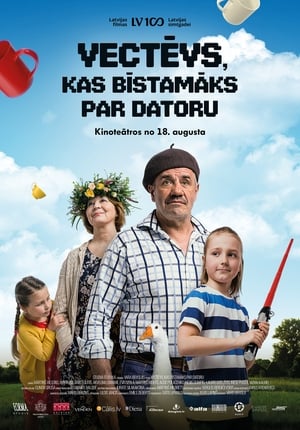 6.2
6.2Grandpa More Dangerous Than a Computer(lv)
Eight-year-old Oskar’s holidays start miserably; his parents “swap” the computer for his granddad to protect the child from the dangerous influence of the Internet.
 6.1
6.1Main Krishna Hoon(hi)
In answer to an orphan boy's prayers, the divine Lord Krishna comes to Earth, befriends the boy, and helps him find a loving family.
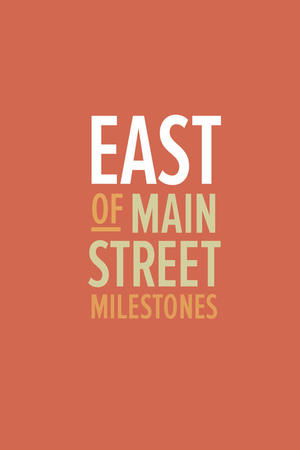 5.9
5.9East of Main Street: Milestones(en)
The Venice Hongwanji Buddhist Temple had an opportunity to take part in an episode of East of Main Street, an HBO documentary series that has been produced for the past three years to celebrate Asian Pacific American Heritage Month. This year’s episode, Milestones, focuses on how different groups of Asian Americans mark the milestones throughout their lives.
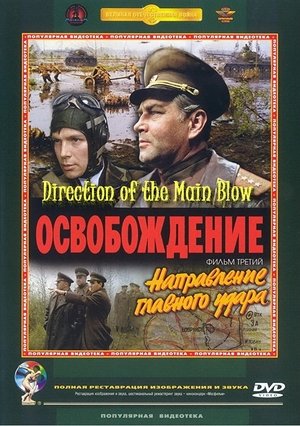 6.0
6.0Liberation: Direction of the Main Blow(ru)
This five part epic war drama gives a dramatized detailed account of Soviet Union's war against Nazi Germany during world war two. Each of the five parts represents a separate major eastern front campaign.
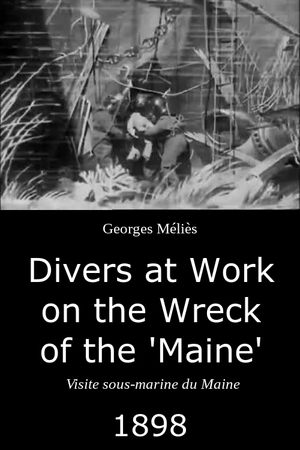 5.7
5.7Divers at Work on the Wreck of the "Maine"(fr)
Divers go to work on a wrecked ship (the battleship Maine that was blown up in Havana harbour during the Spanish-American War), surrounded by curiously disproportionate fish.
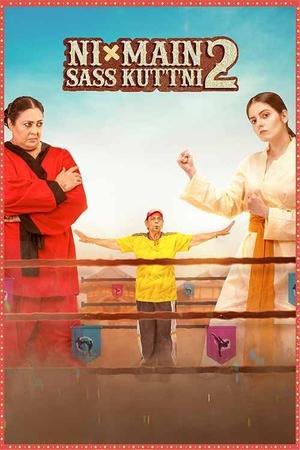 6.2
6.2Ni Main Sass Kuttni 2(pa)
A vengeful mother-in-law locks horns with her daughter-in-law in a twisted tale laced with dark comedy, political intrigue, and chilling thrills.
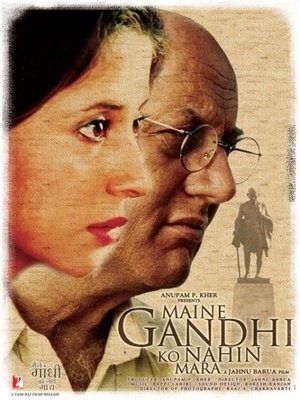 5.7
5.7Maine Gandhi Ko Nahin Mara(hi)
Once known for his intellectual prowess, a retired professor (Anupam Kher) begins experiencing memory gaps and periods of forgetfulness. But while he tries to laugh it off, it soon becomes clear that the symptoms are a sign of a more serious illness, prompting his grown daughter (Urmila Matondkar) to move in as his caretaker. Meanwhile, as his mind regresses, he recalls a traumatic childhood memory involving the death of Mahatma Gandhi.
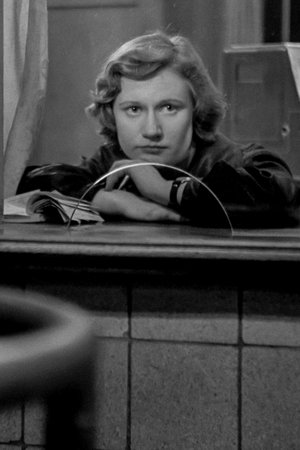 6.8
6.8Warsaw Main Station(pl)
Warsaw Central Station, 1958. A place of greetings and farewells, an intersection of people from different parts of Poland and Europe. A girl waits in vain, she goes away. Soon the station would belong to the past too.
Dash Berlin - Live at Ultra Music Festival Miami Mainstage 2015(en)
Ultra Music Festival 2015. In the middle of the pouring rain. Dash Berlin wrote history surprising the crowd with one of the most emotional, powerful and energetic sets the festival has ever seen and proved to be right at home at the big main stage.
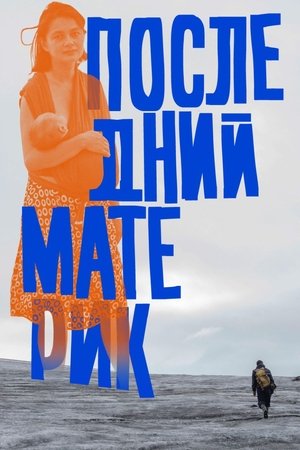 5.8
5.8Last Ma(i)nland(ru)
Photographer Grigory Yaroshenko gets a chance to visit Antarctica and learn about the life of polar explorers. But his wife is expecting their second child, and life changes. Gregory is faced with the question of male self-identification and acceptance of new family circumstances.
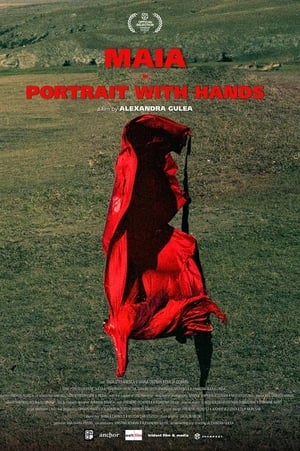 6.6
6.6Maia – Portrait with Hands(ro)
The Aromanians (Rrãmãnji) are an ethnic group found mainly in today’s Albania, Greece, Bulgaria and Romania. For filmmaker Alexandra Gulea, this question of heritage is connected to the name she shares with her grandmother, who was born into a traditional Aromanian life, and is fluent only in an Aromanian language. The older Alexandra's father suffered a violent death in an uprising for his people's rights, which forced the family out of Greece and into a politically treacherous Balkan landscape deep in the throes of nationalist upheavals, until finally, they found a home in Romania.
 6.0
6.0East of Main Street: Asians Aloud(en)
In celebration of Asian Heritage Month, HBO presents a collection of perspectives from a diverse group of Asian Americans.
 6.2
6.2Painting for the main bedroom(el)
A man is painting a landscape. A woman is holding two cups. What can go wrong? A nightmare in pink.
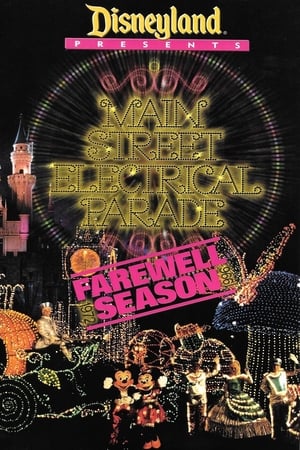 5.4
5.4Disney Presents: Main Street Electrical Parade - Farewell Season(en)
Catch the spark after dark at Disneyland Park. And say farewell to one of the Magic Kingdom's most celebrated traditions - The Main Street Electrical Parade. Where else, but in The Main Street Electrical Parade, could you see an illuminated 40-foot-long fire-breathing dragon? And hear the energy of its legendary melody one last time? It's unforgettable after-dark magic that will glow in your heart long after the last float has disappeared.
 5.9
5.9Brent Weinbach: Appealing to the Mainstream(en)
Brent Weinbach is weird. In this show, Brent attempts to adjust his quirky personality so that he can fit in with the world around him, which would be valuable to his career as a comedian and entertainer. Through an absurd and abstract discourse, Brent explores the ways in which he can appeal to a broader, mainstream audience, so that ultimately, he can become successful in show business.
 9.9
9.9The Way to the Heart(en)
Ava, an award-winning chef at a big-city restaurant, has lost her spark. Her boss sends her out to find herself to save her menu and her job. She returns home and finds little to inspire her, but when she reunites with her childhood friend Logan, Ava has to get her head out of the clouds and her foot out of her mouth to rediscover her passion for food.
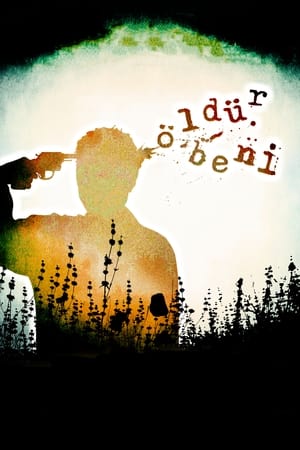 4.8
4.8Öldür Beni(tr)
Ozan and Atilla are two colleagues who travel from village to village making a TV program about local life and foods. They come a mysterious village in Dikili. Ozan drinks Aunt Emine's fruit juice and his life changes.
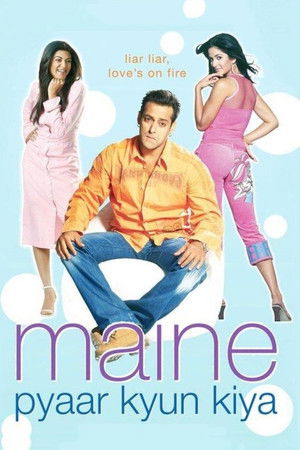 5.3
5.3Maine Pyaar Kyun Kiya?(hi)
Dr Samir is an absolute charmer when it comes to women, but he poses as a married man to keep them at bay. Love becomes a three-ring-circus for him after he ends up tangled in his web of lies with his girlfriend Sonia and pretend wife Naina.
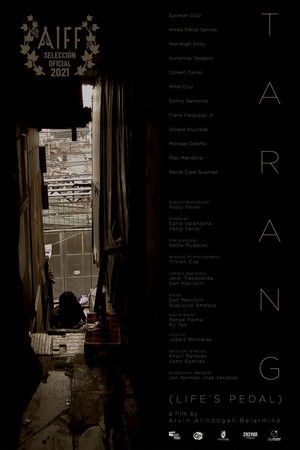 8.0
8.0Life's Pedal(tl)
A pedicab driver and his wife, who works as a prostitute, struggle to make ends meet when an unexpected incident soon tests their faith and forever alters their destiny.
Similar Movies
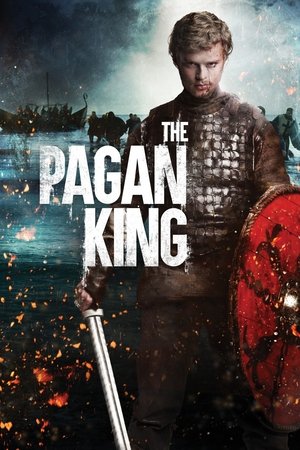 6.4
6.4The Pagan King(lv)
On his deathbed, the reigning king bestows power to an unexpected heir who must find strength within himself to unite his people against the violent crusades which threaten their freedom.
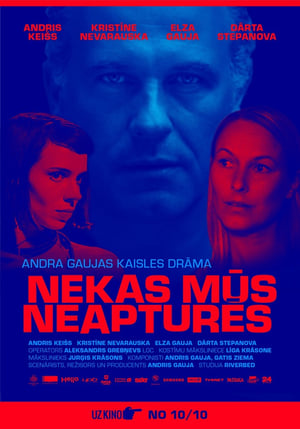 3.7
3.7Nothing Can Stop Us Now(lv)
Under-appreciated by his wife, a charismatic music producer forces his wife, his teenage daughter and his lover to live together as a family, under one roof.
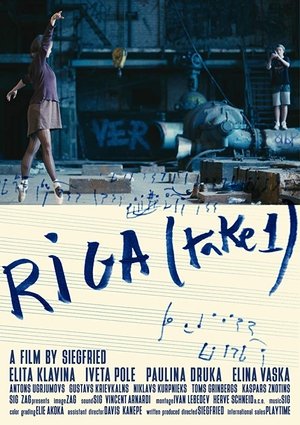 5.5
5.5Riga (Take One)(lv)
Riga, Latvia. Four women: Elita, a passioned actress, Elina, her daughter, Iveta, a tourist guide and Paulina, a teenage ballet dancer. All are in love and going through strong emotions. A free-style composition about passion and arts, a visually stunning cinematic jazz partition.
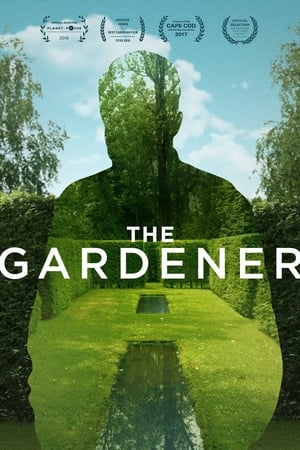 5.5
5.5The Gardener(lv)
The old gardener works all day in harmony with nature’s rhythms and the wisdom of the ancient Latvians. His happiness and fulfillment is a garden that no longer belongs to him, but he feels like it does due to his large contribution to it. He speaks to the garden, and it responds, giving him shelter and a rich harvest. Autumn arrives and there is much work, more than the gardener can handle. The young homeowners, desiring to make the gardener’s life easier, hire a new gardener. The old gardener’s love of the garden and his unwillingness to share it with anyone else leads him to make an inevitable decision to stay in the garden of his family forever. This is a poetically symbolic story about disappearing time, the land and modern reality.
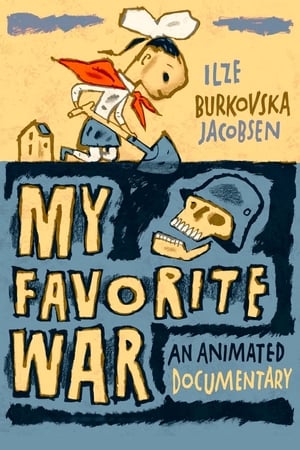 6.6
6.6My Favorite War(lv)
Ilze Burkovska, a little girl who is obsessed with stories of World War II and will be a filmmaker in a distant future, lives in Latvia under the totalitarian boot of the Soviets and the ominous shadow of the many menaces and horrors of the Cold War.
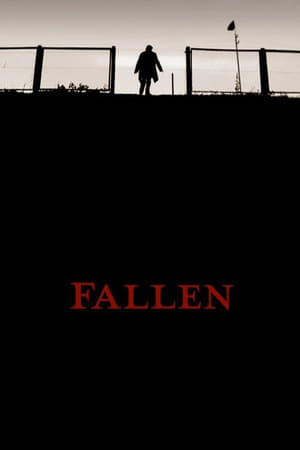 6.5
6.5Fallen(lv)
One night, Matiss Zelcs, an employee of the Latvian national archive in Riga, notices a woman on a bridge. After passing by her without preventing her suicidal fall into the depths, a sensation of failure and guilt changes his life. He cannot forget her. Driven by a feeling of remorse and the fever of illusion, he roams through the city night and day looking for traces of her existence. This journey through the tumult of his conscience leads him deeper into his own loneliness and the depths of his soul, as he gets more and more entangled in the destinies of the woman and of the people who were attached to her. He finds himself confronted with the pain of yearning and guilt, the cruelty of love and desire, and the search for forgiveness, release and salvation.
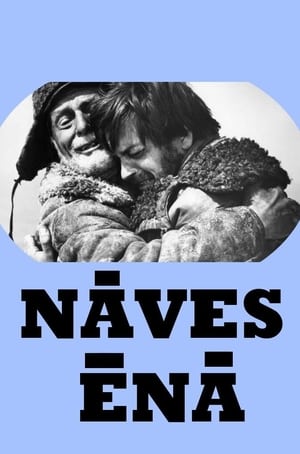 5.5
5.5In the Shadow of Death(lv)
A group of men go under-ice fishing, but find themselves trapped on a piece of ice, that has broken off. As they are drifting through the sea, the tension between them rises.
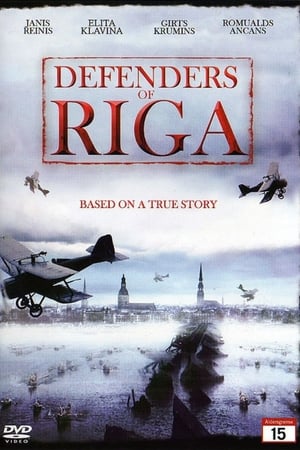 5.7
5.7Defenders of Riga(lv)
The film dramatizes November 11, 1919- a crucial date in the battle for Latvian independence. A year after the end of the official hostilities of WWI, a renegade German general and troops remain outside the Latvian capital. Latvian riflemen, most of them inexperienced volunteers, somehow managed to defeat a larger, better-armed force of German and Russian mercenaries.
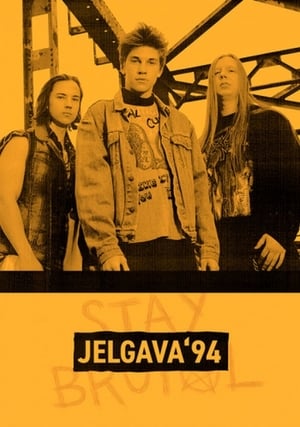 6.5
6.5Jelgava '94(lv)
Film takes us deep inside the world of Latvian teenagers in 90s: combining the intimate diary of a teenager Jānis trying to find himself by joining a subculture, as well as a skillful, detailed and almost documentary-like depiction of the beginnings of the second independence of Latvia. “Jelgava ’94” is a portrait of a generation in the 1990s who are searching for their own identity and are fans of alternative culture. This is a touching story about us as youngsters, when everybody is against the whole world and tries not to become “one of them”. But can one keep the promise? The story is based on the best seller by Jānis Joņevs set in the 1994 in the Latvian city of Jelgava.
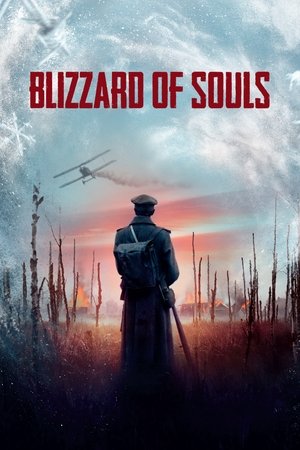 7.3
7.3The Rifleman(lv)
The love story of sixteen-year-old Arturs is interrupted by the First World War. After losing his mother and his home, he finds some consolation in joining the army, because this is the first time national battalions are allowed in the Russian Empire. But war is nothing like Arturs imagined – no glory, no fairness. It is brutal and painful. Arturs is now completely alone as war takes the lives of his father and brother. Also, no progress is made in the promised quick resolution of the war and timely return home. Within the notion that only he alone cares about returning home and that his homeland is just a playground for other nations, Arturs finds strength for the final battle and eventually returns home to start everything from scratch, just like his newly born country.
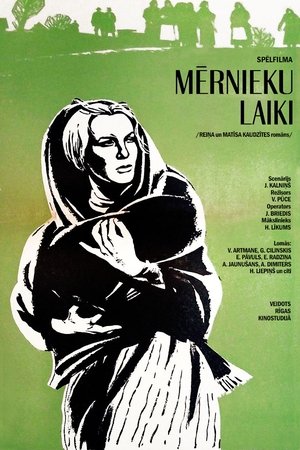 5.5
5.5The Times of the Surveyors(lv)
Land surveyors arrive in two parishes to measure and redistribute manor land. The rivalry between both feoffees for land and woman begins.
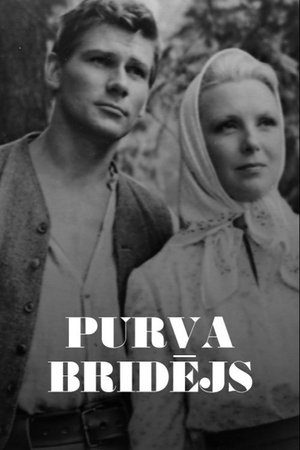 3.3
3.3The Swamp Wader(lv)
In this film, set in Latvia in the late 19th century, Edgars, the coachman of Alaine Manor, loves Kristine, the washerwoman's daughter, although he is too hot-headed for Kristine's mother to consider him a good suitor for his daughter. The servant Viskrelis and stable boy Sutka try to tempt Edgars to a life of drinking and a relationship with the barmaid Matilde. Meanwhile, Kristine is courted by the rich land owner, Akmentins.
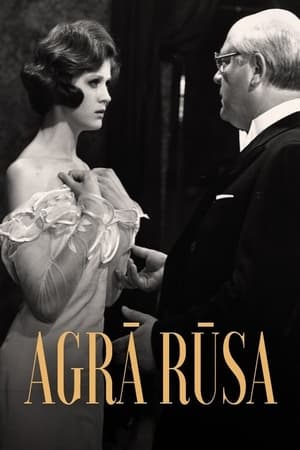 6.0
6.0Early Rust(lv)
Poor countryside girl Elza has been unsuccessfully looking for a job in Riga before she gets help from an acquantance. After that, fortune seems to turn and rich aged factory owner Ķikulis wants to marry Elza. Reluctant at first, she finally agrees but the marriage doesn't go smoothly.
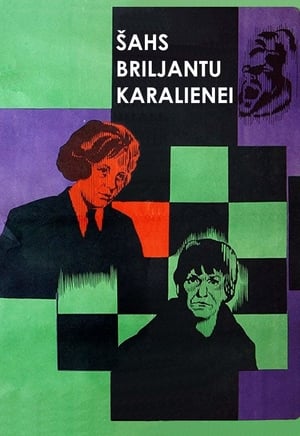 4.8
4.8Checkmate to the Queen of Diamonds(lv)
A detective and a militia captain are working together investigating a murder. When their job is done, the feelings do not let them say goodbye.
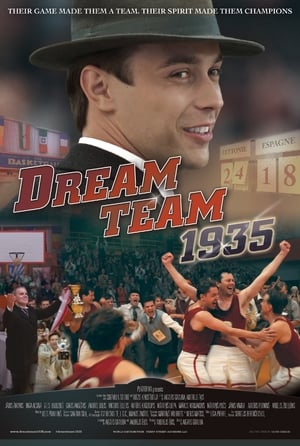 6.7
6.7Dream Team 1935(lv)
Geneva, Switzerland 1935. The first European Basketball Championship is about to take place. Basketball is still an unknown sport in Europe, and the national teams are meeting for the first time. Each wants the honour of being the first champion. Meanwhile in Latvia, coach Baumanis is convinced that he can assemble a team and take it to Geneva. He quickly learns however, that triumph and defeat are also part of the game. Coach Baumanis faces many difficulties, as well as unexpected help from those closest to him.
 7.1
7.1Mellow Mud(lv)
Siblings Roby and Raya after the death of their father and being abandoned by their mother, are forced to live with their dominating grandmother in a small country house owned by their family. Things change after the sudden death of their grandmother. The teenagers have to face a tough choice: either to report the accident and submit themselves to a life in an orphanage or hide the dead body and live as if nothing has happened.
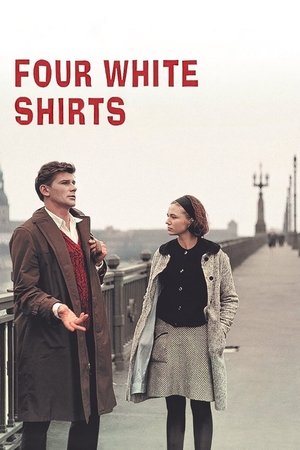 6.0
6.0Four White Shirts(lv)
Cezars Kalnins installs telephones by day and composes pop songs by night. His band has a hard time receiving the permit from Soviet censorship authorities for a public debut. A member of the Culture Committee superficially listens to Cēzars' songs and deems the lyrics "unsuitable and frivolous” and "unfit for the Soviet youth”, and is later powerless to stop the grindstone of public debate, which she has herself initiated.
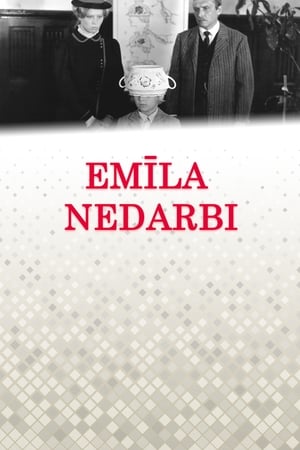 6.2
6.2Naughty Emil(lv)
One of the iconic Latvian movies. Based on Astrid Lindgren's book 'Emil of Lönneberga'. A story of a little boy, Emil, who, according to others is incredibly naughty, but actually Emil is a lot more kind hearted than all the rest. And everything he does is to help someone. But somehow it all the time turns out like a prank. His family won't agree with any pranks on themselves, so there goes Emil in his father's tool shed, where he's locked up for every prank. Includes the phrase - 'the main idea is to keep your feet warm', which has been adapted in Latvian culture, so it's already a saying.
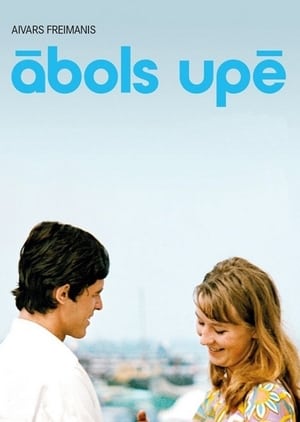 5.5
5.5Apple in the River(lv)
A feature shot as a documentary, with minimal interference in the surrounding action. The resulting film is a truthful and innocent portrayal of the era with no imitations or conscious borrowings but with its own avant-garde experiments.
 6.7
6.7Rock and Splinters(lv)
During World War II three best friends are mobilized into the Waffen-SS Latvian Legion. Years later their fates continue to intertwine, as memories of war loom in back of their minds.
